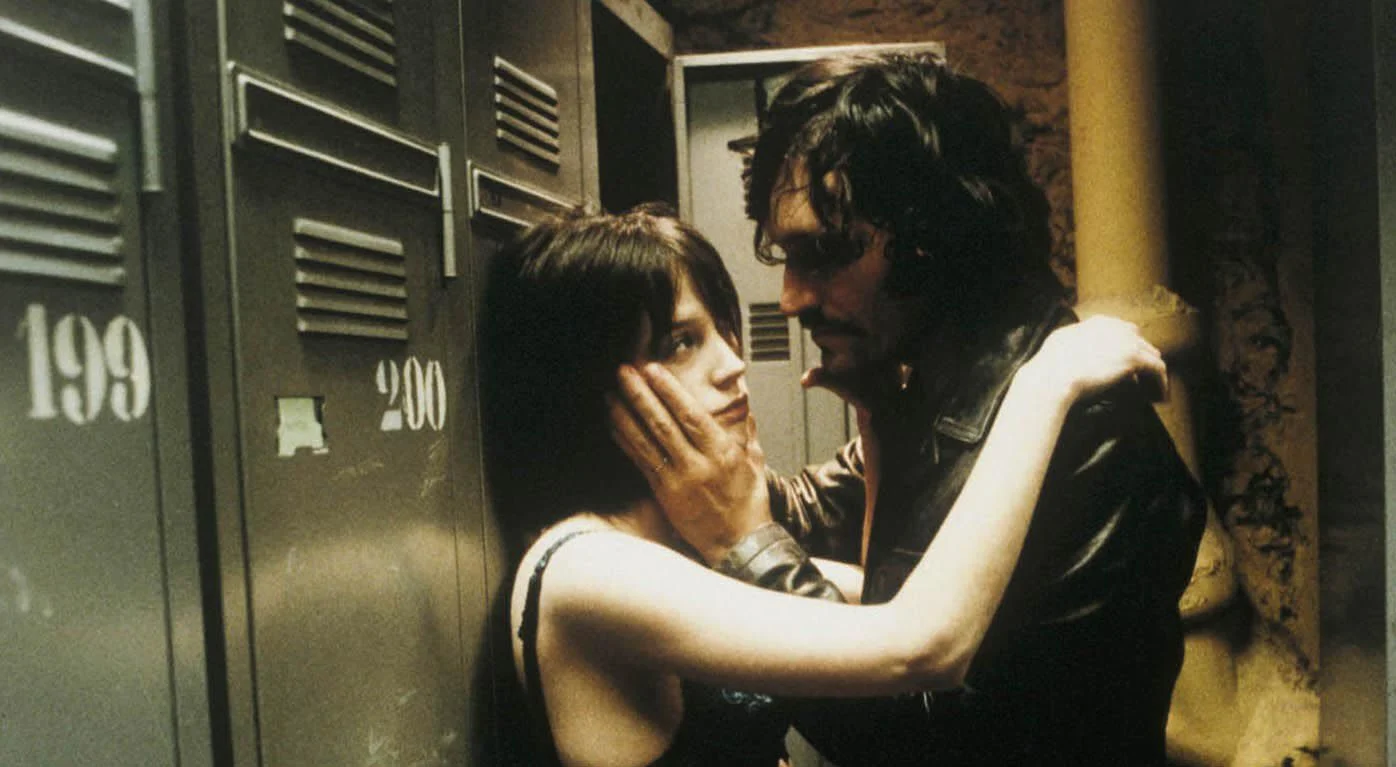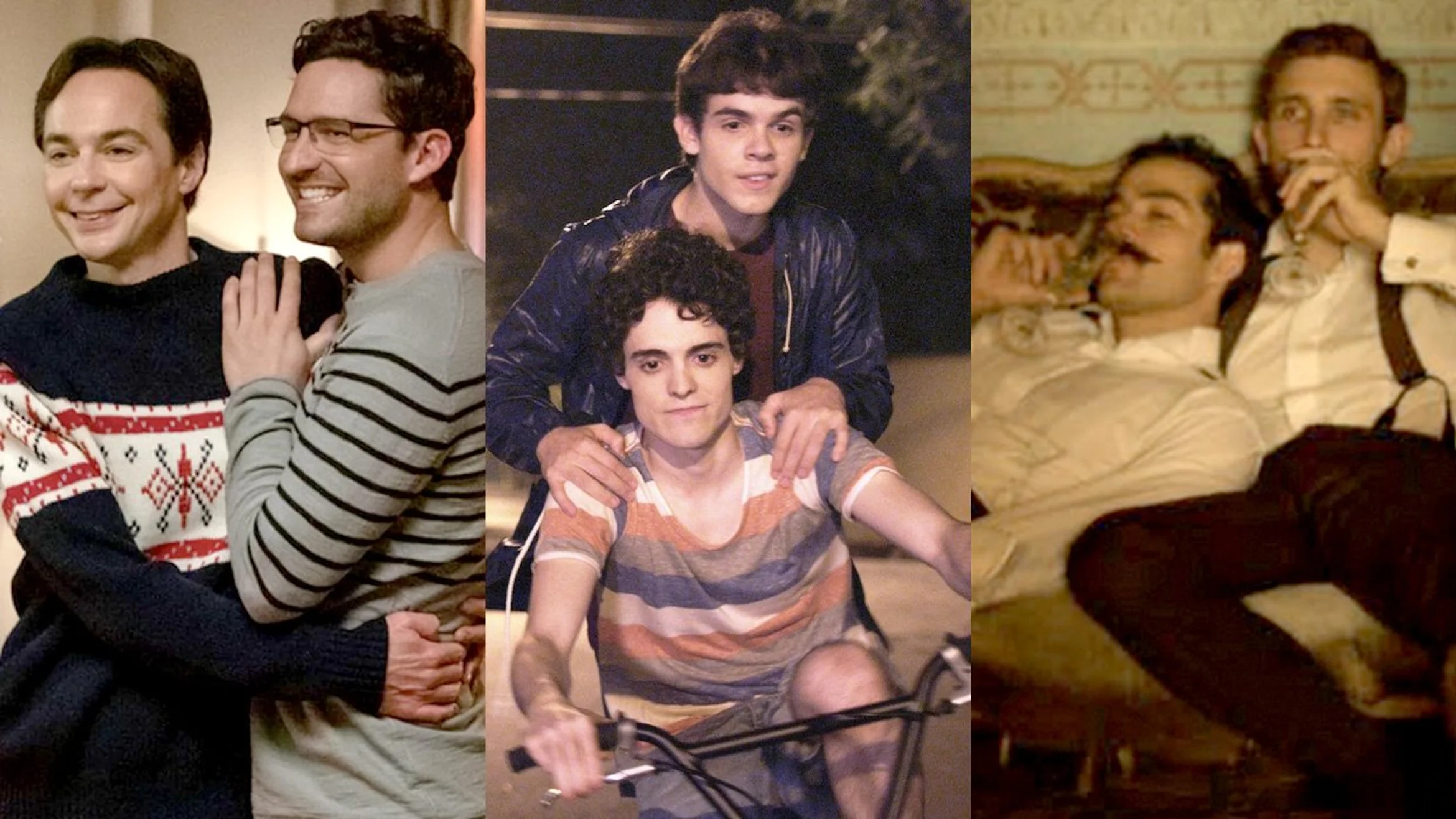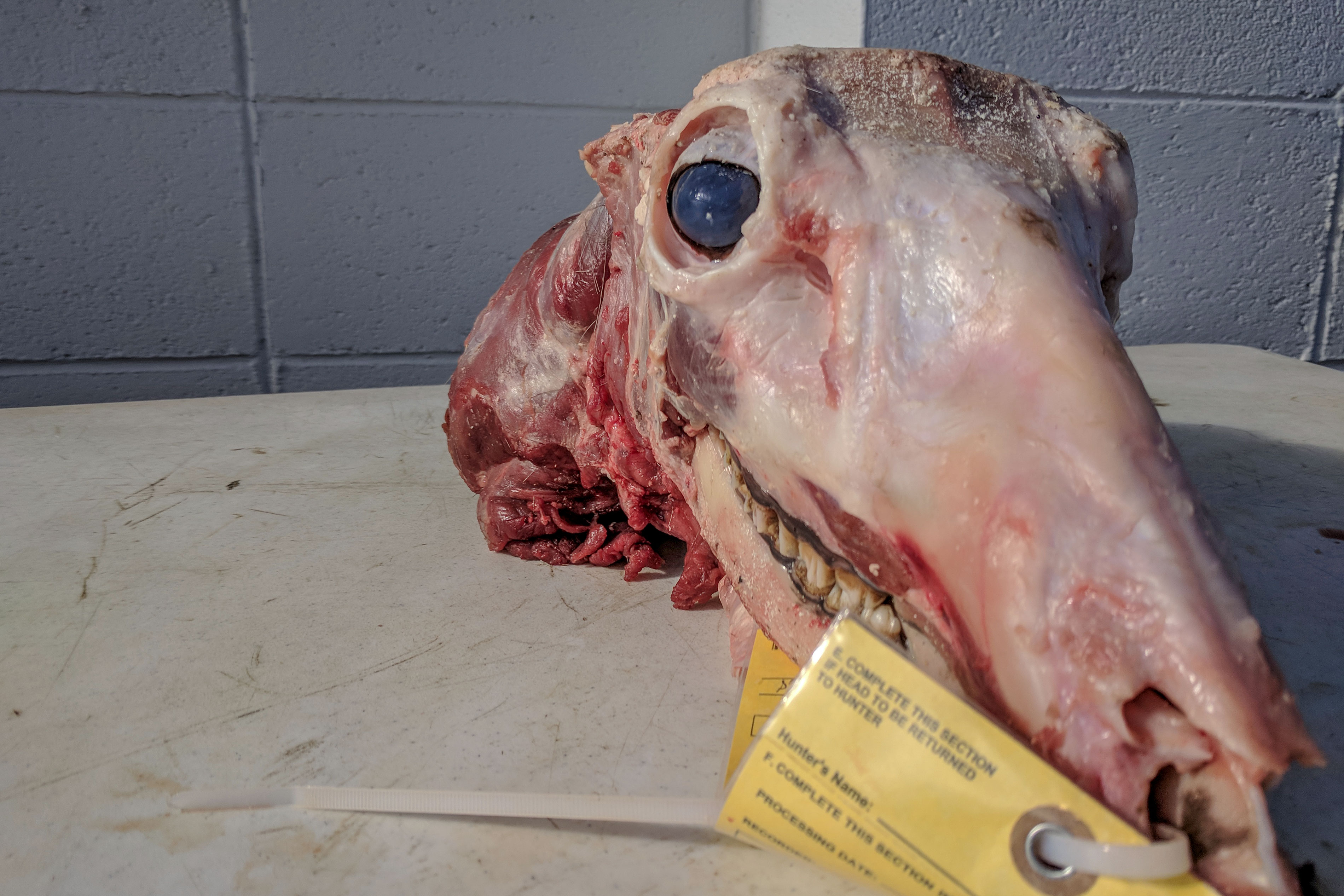Throughout history, creators of fiction have been captivated by the topic of sexuality, with horror being a genre that uniquely explores carnal desires from various perspectives, often delving into dark and grotesque themes. Within the realm of horror, one particular archetype has served as a vehicle for allegorical exploration of lust and sexual desire: the vampire. Bram Stoker's 19th-century classic, "Dracula," incorporated risqué elements of sexuality and dominance into its titular character, depicting Dracula's ability to hypnotize and control women. This infusion of sexual themes lent an air of supernatural eroticism to the concept of Dracula, which only intensified over time through various adaptations and cinematic interpretations. This evolution eventually led to the emergence of the "horny vampires" movement in the 1990s, followed by the portrayal of vampires as more romanticized and less threatening figures in contemporary cinema.
The 1992 adaptation of Bram Stoker's Dracula by Francis Ford Coppola marked a pivotal shift in how vampires were portrayed, introducing a more sexually charged interpretation of the classic tale. This reinterpretation paved the way for a trend where vampires became increasingly associated with sensuality, influencing mainstream films to explore the allure of these nocturnal blood-suckers. Interview With The Vampire followed suit, featuring Brad Pitt and Tom Cruise as supernaturally beautiful and captivating figures, positioning them as alluring playboys. Then came the Twilight Saga in the early 2000s, solidifying vampires as the ultimate teen heartthrobs of the era and emphasizing romance over horror.
However, amidst this trend, there emerged a notable departure with the 2001 arthouse horror film Trouble Every Day. In stark contrast to the romanticized portrayal of vampires, this film offered a gritty and disturbing take on the subject matter. It succeeded in reigniting the fear associated with vampires by presenting them in a grounded and perverted light, serving as a reflection of the darker aspects of human desire. Trouble Every Day served as a compelling allegory for unchecked impulses, infidelity, and even violence, reminding audiences of the terrifying implications of unrestrained lust.
What does 'Trouble Every Day' entail?
Presented by the renowned French Arthouse figure Claire Denis, Trouble Every Day can be characterized as a somber yet sensual psychological drama rather than a typical horror flick. It won't cater to the jump-scare cravings or tense expectations of the average Blumhouse enthusiast due to its deliberate pacing, enigmatic narrative, and minimal body count. Nonetheless, a pervasive sense of unease gradually envelops the viewer, akin to other works within the New French Extremity Movement. Patience yields gruesome rewards in the form of visceral gore, particularly in the latter stages where pivotal scenes propel the film beyond conventional horror thresholds, captivating even the most seasoned genre aficionados. Certain visceral and sexually charged moments are likely to sear themselves into the audience's psyche, evoking reactions that might give pause even to the likes of Pedro Almodóvar and Gaspar Noé.
The movie depicts an American couple who are newly married and are on their honeymoon in Paris. Dr. Shane Brown (played by Vincent Gallo) portrays himself as content with his wife June (portrayed by Tricia Vessey) and eagerly anticipates their time together in the romantic city. However, unbeknownst to June, Shane harbors a hidden agenda for their trip. He grapples with dark and unsettling sexual desires that both disturb him and hold him captive, leading him to embark on a clandestine and obsessive quest to locate a former colleague from an expedition in the Amazon rainforest. This colleague is Dr. Léo Semenau (played by Alex Descas), a specialist in libido, who has withdrawn from the scientific community to focus on treating his wife and fellow researcher Coré (portrayed by Béatrice Dalle), who appear to suffer from the same mysterious affliction contracted during their time in the Amazon.
Coré is confined in a securely locked and barricaded room to safeguard the men of Paris from her deeply sadistic tendencies, yet she still manages to occasionally evade capture and prey upon unsuspecting victims. Meanwhile, Dr. Brown anxiously roams the streets of Paris, much to the perplexity and mounting suspicion of his wife June. He persistently contacts former colleagues and acquaintances in a desperate bid to locate Léo and Coré, hoping for a cure to his disturbing urges before they spiral beyond his control. Will Shane succeed in finding Léo and Coré? Can they offer him assistance, or will he succumb to the almost otherworldly, sexually violent impulses tormenting his psyche? Tune in to discover the outcome!
How "Trouble Every Day" Portrays Vampirism as a Plausible Affliction Rather Than a Mere Curse
The film maintains a deep ambiguity, characterized by sparse dialogue and a deliberate absence of explicit exposition, leaving much of the plot open to interpretation. It appears evident, however, that both Shane and Coré are afflicted by an unidentified virus, likely contracted during their research on libido in rainforest plants. This virus manifests in two primary symptoms: the ability to supernaturally captivate and enthrall the opposite sex with a potent pheromone, and an insatiable urge to engage in violent sexual assault and blood consumption, transforming them into savage, sadistic creatures when hunting their prey. Essentially, they are plagued by a form of vampirism that amplifies their depravity and lust to extremes, diverging from traditional portrayals of the vampire archetype.
Unlike typical vampire depictions, there are no conspicuous fangs or theatrical makeup transformations during their frenzied states. The narrative eschews traditional weaknesses such as garlic or religious symbols, instead hinting at an aversion to sunlight while emphasizing Shane's lethargy and Coré's heightened abilities in darkness. This portrayal offers a more grounded and plausible interpretation of vampirism, focusing on its erotic and primal aspects rather than supernatural or religious connotations.
How "Trouble Every Day" Distorts the Vampire Concept into a Disturbing Allegorical Tale
The subdued and gritty portrayal of vampirism in Trouble Every Day serves as a potent allegory, suggesting that being consumed by intense and uncontrollable sexual urges is akin to being cursed to a life of shadows, guilt, and despair, driven by an insatiable need to satisfy an endless appetite, much like a vampire. The film eschews elaborate supernatural elements and instead focuses on the realistic depiction of characters grappling with their twisted and violent desires, which proves more unsettling than traditional vampire lore. These characters struggle to restrain their primal instincts, leading to a chilling exploration of self-control and the moral implications of sexuality.
While Trouble Every Day offers a somewhat empathetic or morally ambiguous perspective on its monstrous characters, it unequivocally condemns the sexual assault, torture, cannibalism, and murder they perpetrate. The film exposes the profound suffering inflicted by such reprehensible acts, particularly poignant in light of allegations against Vincent Gallo, and adopts a notably female viewpoint. It does not seek to justify or excuse these actions but rather exposes the destructive nature of dark sexual desires, portraying them as afflictions that afflict humanity and demand remedy. Both Coré and Shane grapple with profound inner turmoil, even contemplating suicide to escape their impulses, yet find themselves unable to resist. The film's cryptic and understated tone contributes to its clinical and alienating atmosphere, challenging viewers with its unflinching examination of taboo subjects.
Trouble Every Day unfolds gradually, with tension building through its ambiguous narrative and emphasis on visual storytelling. However, when the visceral and shockingly sexual violence erupts, audiences are confronted with disturbing imagery that leaves a lasting impact. In its exploration of extreme sexuality and sadism, the film aligns with the tradition of French Extremism, pushing boundaries and prompting reflection on humanity's capacity for depravity. While its cold and detached tone may deter some viewers, it offers a compelling blend of allegory, psychological horror, and social commentary.
Whether one appreciates its unsettling aesthetic or not, Trouble Every Day showcases Claire Denis' uncompromising directorial vision. Available for streaming on AMC+ in the U.S., it invites audiences to engage with its challenging themes and provocative imagery.























0 Comments